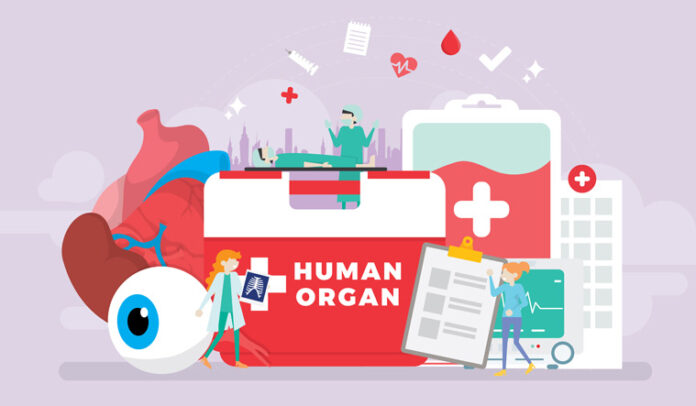New Delhi: On the 18th of December 2018, a hospital in Gurgaon recommended a preemptive renal transplant to Amar Singh Bhatia, a retired personnel of the Indian Navy. Although the patient had provided all the necessary documents to the hospital, a decision still needed to be made, leading the patient to the doors of the High Court. Hence, the Writ Petition was filed.
The bench of Justice Prathiba M Singh observed that there needs to be a timeline so that the competent may make an informed decision.
The High Court of Delhi prescribed a timeline, which is to be followed by the Authorisation Committee under the Transplantation of Human Organs and Tissues Rules, 2014 (hereafter to be referred to as the 2014 rules), for document completion, scheduling and decision-making.
The High Court noted the urgency in the organ donation approvals and thus prescribed timelines for the following steps:
Documentation Completion
• Within the time prescribed in the 2014 rules, any opportunity given to the donor or recipient to complete the required documentation must be communicated.
• The donor/recipient can take a maximum of a week to respond.
• On the expiry of the time, the case shall be presented to the Authorization Committee.
Scheduling interviews by the Authorisation Committee
After about 4 – 6 weeks from receiving the application, an interview has to be planned within the period of 2 weeks. Beyond the 2-week window, the Authorisation Committee shall:-
1. Conduct an interview with the donor/recipient on one or two occasion
2. Facilitate meetings with the family members of both the donor and the recipient.
3. Convey their decision as per rule 23 of the 2014 rules.
This entire process shall not exceed the time frame of 6 – 8 weeks.
Appeal Process
• As per Rule 33, any appeal against the order shall be decided within 30 days.
While deciding the matter, the High Court has observed as hereunder by referring to the decision of the Supreme Court in the case of Association of Medical Super Speciality Aspirants & Residents v. Union of India [(2019) 12 S.C.R. 1011]
“Thus, considering the critical importance of such interviews, this
Court finds it necessary to establish timelines under the 2014 Rules. Such a
time-bound approach is crucial to maintain the integrity and effectiveness of
organ transplantation protocols. This would also be in furtherance of the
right to health under Article 21 of the Constitution. The Supreme Court in
Association of Medical Super Speciality Aspirants & Residents v. Union of
India [(2019) 12 S.C.R. 1011] held that right to health is fundamental to the
right to life under Article 21 of the Constitution of India. The right to life
extends beyond mere survival to include living with dignity, encompassing
basic necessities like nutrition, clothing, shelter, and the freedom to express,
move, and interact. Every act that undermines human dignity amounts to a
partial deprivation of the right to life. Such restrictions must align with a
reasonable, fair, and just legal procedure that upholds other fundamental
rights.“
This proactive approach by the Delhi High Court will expedite the organ transplant approval, emphasizing the importance of timely decision-making in critical medical scenarios. This is hailed as a progressive ruling upholding the right to health as integral part of right to life.


